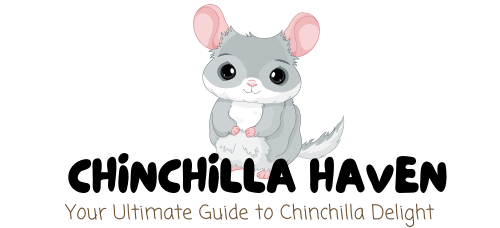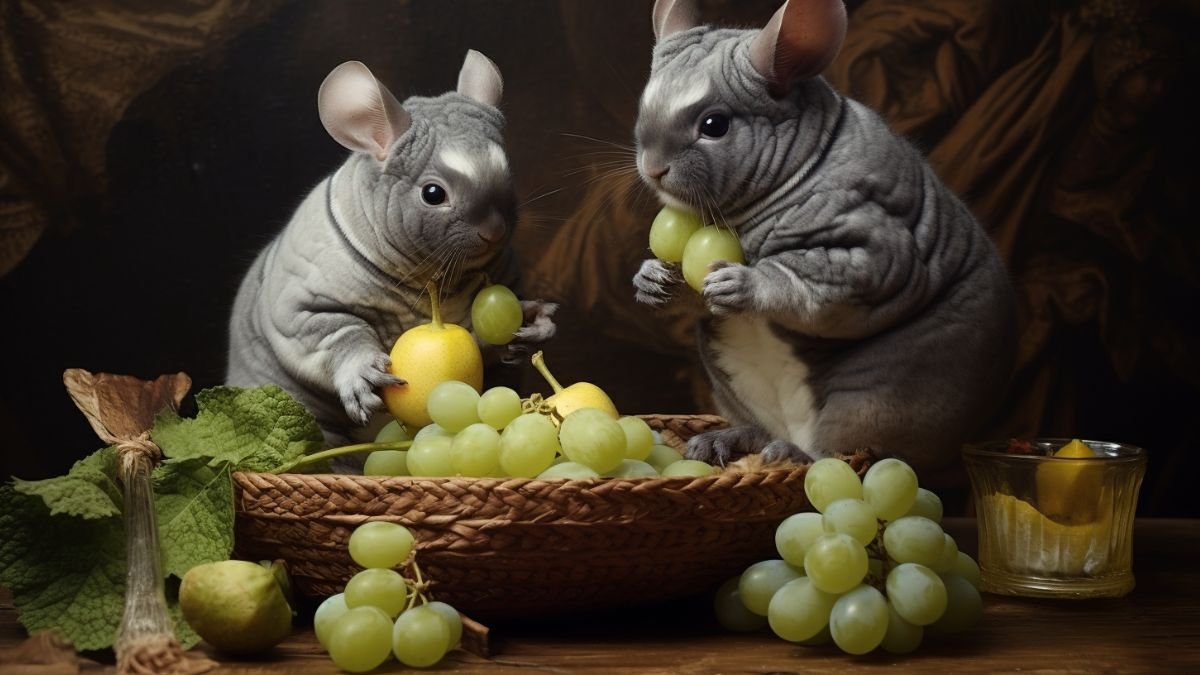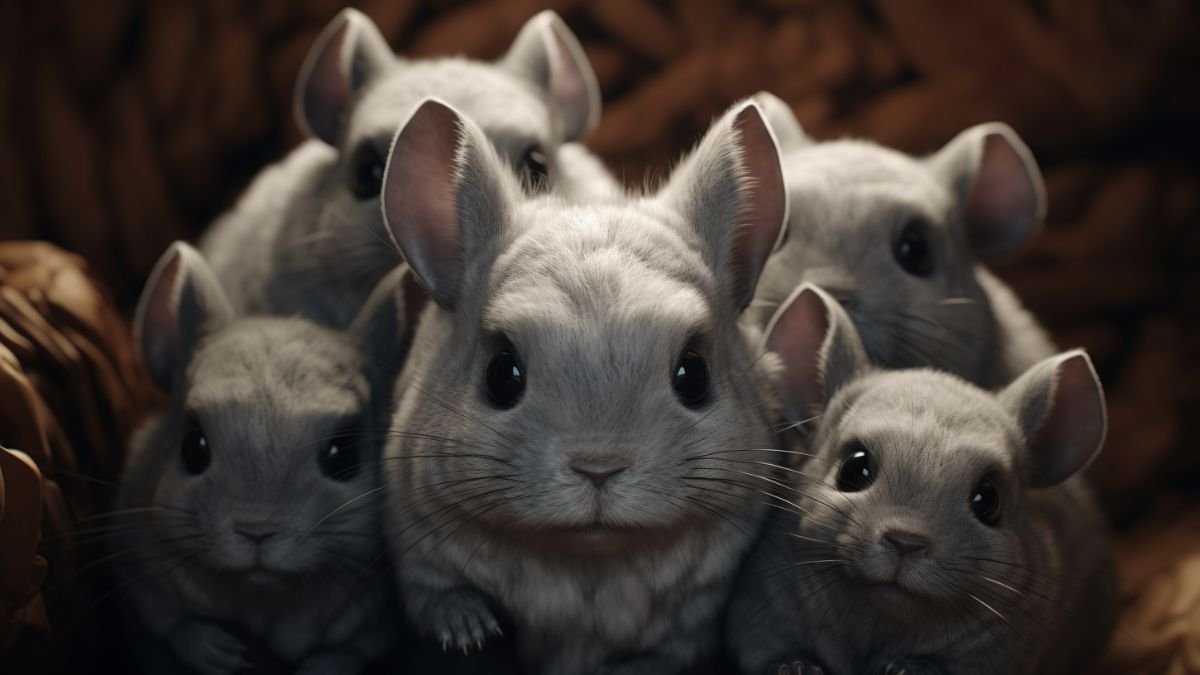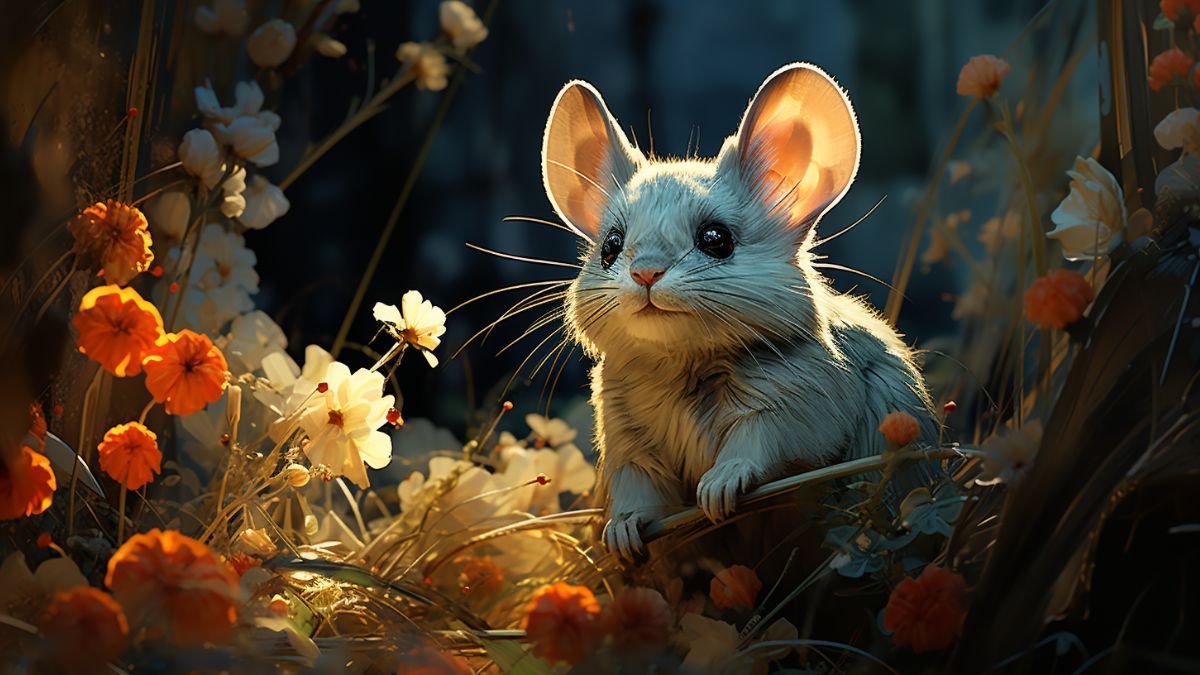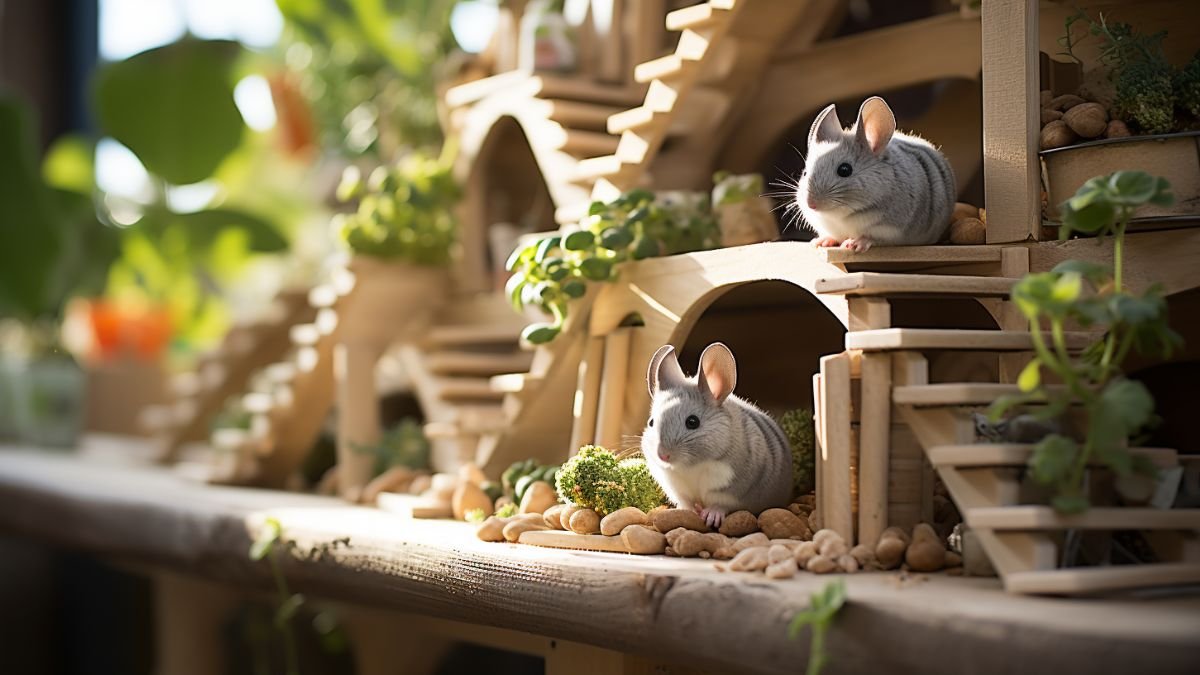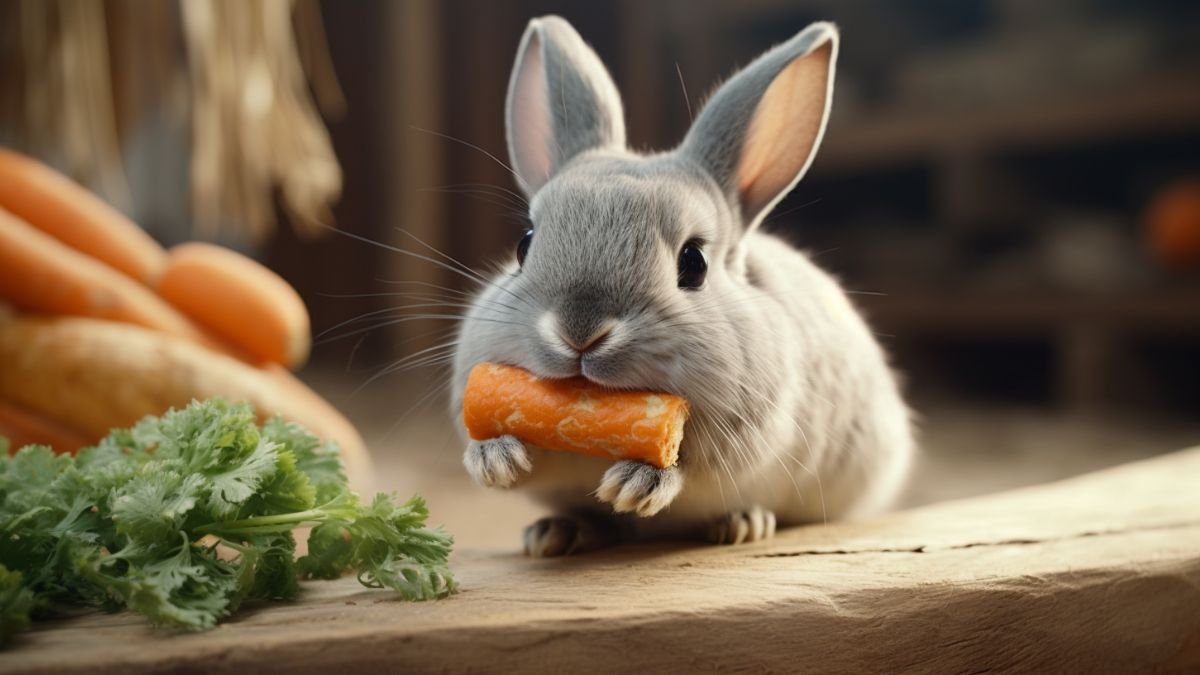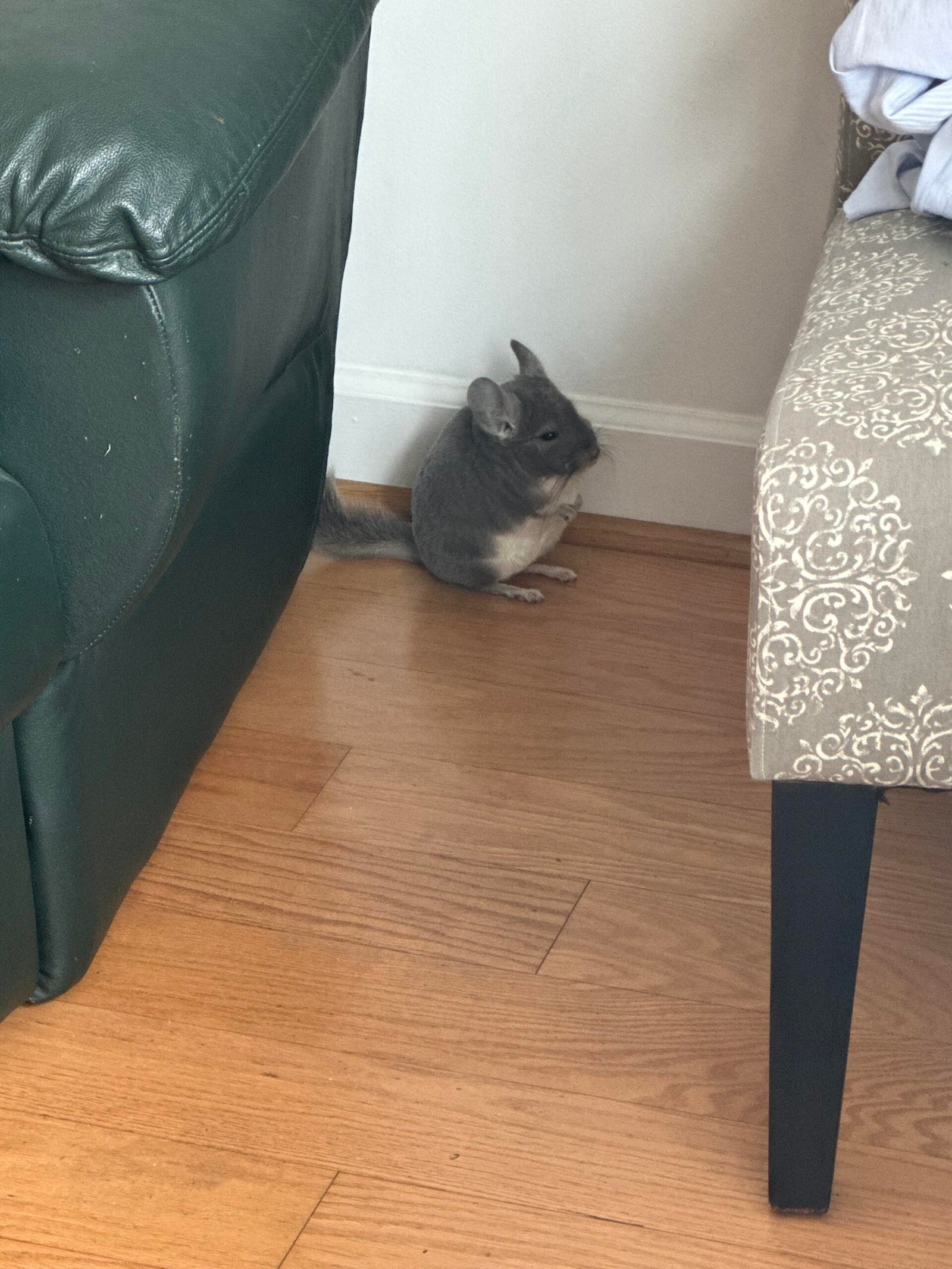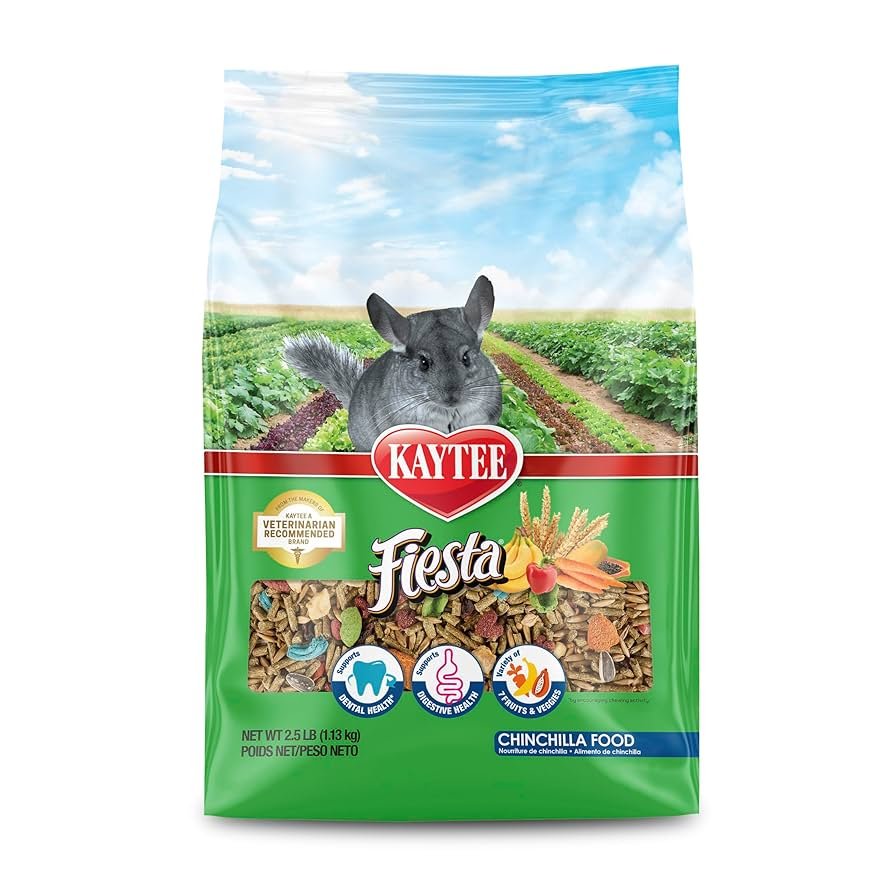
If you want to keep your chinchilla healthy and happy, knowing how to measure their daily food portions is key. Giving too much or too little food can cause serious health problems.
But don’t worry—this guide will make it simple for you. You’ll learn exactly how much to feed your chinchilla every day, helping you avoid common mistakes that many pet owners make. Keep reading, and you’ll discover easy tips to make feeding time stress-free and perfect for your furry friend.
Chinchilla Dietary Needs
Chinchillas have special dietary needs that keep them healthy and active. Their digestive system is delicate and needs high fiber. The right food helps prevent illnesses and keeps their fur soft.
Feeding the correct amount is key. Overfeeding can cause serious health problems. Underfeeding can make them weak. Understanding what chinchillas need daily helps you measure food portions well.
Essential Nutrients For Chinchillas
Chinchillas need fiber, protein, and limited fat. Fiber is most important for their digestion. It helps food move through their gut smoothly. Protein supports muscle and tissue health. Fat should be kept low to avoid weight gain.
Daily Food Amounts
An adult chinchilla typically eats 1 to 2 tablespoons of pellets daily. Fresh hay should be available all day. Hay is their main fiber source and aids digestion. Avoid giving too many treats or sugary foods.
Water Needs
Fresh water must be accessible at all times. Water helps chinchillas digest food and stay hydrated. Change water daily to keep it clean. Avoid water bowls that spill easily; use bottles if possible.
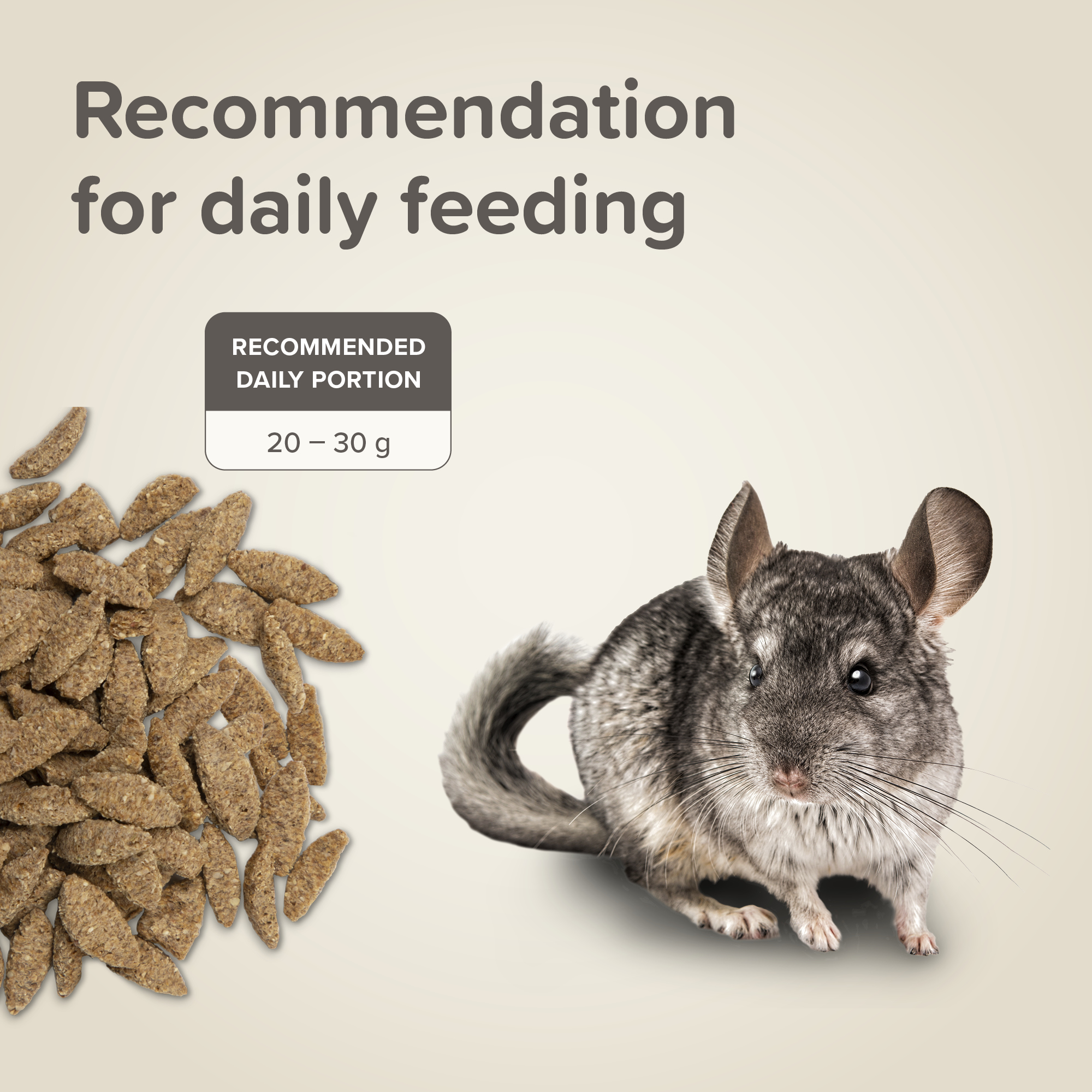
Essential Food Types
Chinchillas need specific foods to stay healthy and happy. Their diet must include certain essential food types. These foods provide the right nutrients and energy for their daily activities.
Measuring portions correctly helps avoid overfeeding or underfeeding. Understanding each essential food type is key to proper portion control. This section explains the main food types for chinchillas and how to measure them.
Hay
Hay is the most important food for chinchillas. It keeps their digestive system working well. Provide fresh, dust-free hay daily. A good amount is about one cup per day. Use a small measuring cup for accuracy.
Pellets
Pellets give chinchillas balanced vitamins and minerals. Choose high-quality pellets made for chinchillas only. The daily portion should be about one to two tablespoons. Measure pellets using a standard tablespoon to avoid mistakes.
Treats
Treats must be given in small amounts. Too many treats can cause health problems. Offer treats like dried rose hips or small pieces of plain oats. Limit treats to one teaspoon daily. Measure treats carefully to keep portions small.
Recommended Portion Sizes
Chinchillas need small daily food portions to stay healthy. Measure about one tablespoon of pellets and unlimited hay each day. Fresh water should always be available.
Daily Hay Amount
Hay is the main part of a chinchilla’s diet. It should be available all day. Offer about 1 to 2 cups of fresh hay daily. Hay helps keep their teeth healthy and digestion smooth.
Pellet Portion Size
Chinchilla pellets provide essential nutrients. Feed around 1 to 2 tablespoons of pellets per day. Avoid giving too many pellets to prevent weight gain. Choose high-quality pellets made just for chinchillas.
Fresh Vegetables And Treats
Fresh veggies and treats are optional and should be limited. Provide small amounts, no more than 1 teaspoon daily. Use treats like dried rose hips or plain oats sparingly. Too many treats can upset their stomach.
Using Measuring Tools
Using measuring tools is the best way to give chinchillas the right food amount. These tools help avoid overfeeding or underfeeding. Accurate portions keep chinchillas healthy and happy.
Measuring tools are easy to use. They make feeding simple and precise. You can track daily food intake and adjust if needed.
Measuring Cups
Measuring cups are common and useful. Use small cups for chinchilla pellets and hay. Fill the cup to the right level. Avoid packing the food tightly. This ensures an accurate portion every time.
Digital Kitchen Scales
Digital kitchen scales give precise food weight. Place a bowl on the scale first. Then, add food until you reach the desired weight. Scales are perfect for controlling pellet portions. They help maintain chinchillas’ diet balance.
Measuring Spoons
Measuring spoons work well for small amounts. Use them for treats or supplements. Choose spoons with clear markings. This helps give exact portions. Keep treats limited to avoid health issues.
Adjusting Portions By Age
Adjusting food portions for chinchillas depends greatly on their age. Young chinchillas need different amounts of food than adults. Their bodies grow fast and need more nutrients. Older chinchillas require less food but still need balanced nutrition.
Understanding these changes helps keep your pet healthy. Proper portion control avoids overfeeding or underfeeding. Both can lead to health problems. Let’s explore how to adjust portions by age.
Feeding Baby Chinchillas
Baby chinchillas eat small but frequent meals. They need more calories for growth. Provide about 1 to 2 tablespoons of high-quality pellets daily. Fresh hay should always be available. Avoid sudden changes in their diet.
Portion Sizes For Adult Chinchillas
Adult chinchillas need less food than babies. Usually, 1 to 2 tablespoons of pellets per day is enough. Fresh hay must be unlimited. Avoid giving too many treats. Keep their diet stable for healthy digestion.
Adjusting Portions For Senior Chinchillas
Older chinchillas may eat less but need nutrient-rich food. Monitor their weight and health closely. Reduce pellet portions slightly if they become less active. Keep providing fresh hay and water every day. Consult a vet if appetite changes.
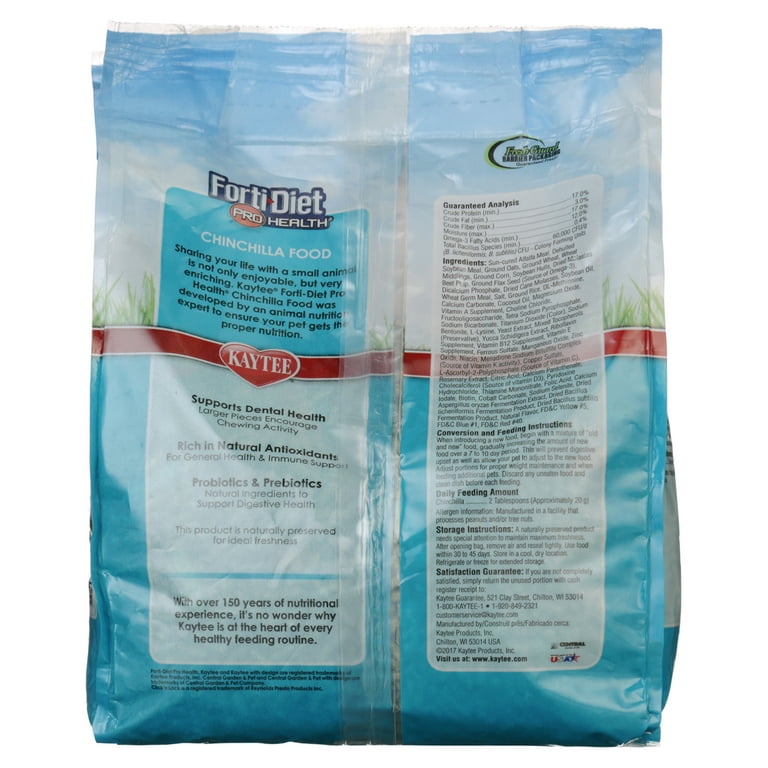
Signs Of Overfeeding
Overfeeding chinchillas can cause serious health problems. These small animals need precise food amounts to stay healthy and active. Recognizing the signs of overfeeding is important to keep your pet safe. Watch closely for changes in behavior and body condition.
Weight Gain And Obesity
One clear sign of overfeeding is rapid weight gain. Chinchillas may become rounder or heavier than usual. Obesity can lead to joint problems and reduce their lifespan. Regularly weigh your chinchilla to track any sudden increases.
Uneaten Food And Messy Cages
Leftover food in the cage may mean too much food is given. Chinchillas will not eat all the excess hay or pellets. Food waste can attract pests and cause bad odors. Cut back the portion size to reduce leftovers and keep the cage clean.
Digestive Issues
Overfeeding can upset a chinchilla’s digestion. Watch for diarrhea or soft stools as red flags. These symptoms can lead to dehydration and weakness. Adjust food portions and consult a vet if digestive problems continue.
Less Activity And Lethargy
Chinchillas that eat too much may become less active. Overfed chinchillas often show low energy and sleep more. Lack of movement can worsen weight gain and health issues. Encourage exercise and monitor their food intake carefully.
Signs Of Underfeeding
Knowing the signs of underfeeding helps keep chinchillas healthy. Chinchillas need a balanced diet every day. Not eating enough can cause health problems fast.
Watch your chinchilla closely. Changes in behavior or appearance can show underfeeding. Early detection helps fix the problem quickly.
Weight Loss
Weight loss is a clear sign of underfeeding. If your chinchilla looks thinner, it may not get enough food. Use a small scale to check weight weekly.
Dull Fur
Healthy chinchillas have soft, shiny fur. Fur becomes dull and rough if underfed. Lack of nutrients affects fur quality and skin health.
Low Energy
Chinchillas underfed often move less. They may sleep more and play less. Low energy means their body lacks fuel.
Changes In Droppings
Droppings tell a lot about chinchilla health. Small, dry, or fewer droppings can mean not enough food. Keep an eye on their bathroom habits.
Increased Irritability
Underfed chinchillas may become cranky or aggressive. Hunger can make them restless and nervous. Gentle handling is important during this time.
Creating A Feeding Schedule
Creating a feeding schedule helps keep your chinchilla healthy. It controls portion sizes and prevents overeating. Regular feeding times build good habits for your pet. A clear routine makes it easier to track food intake daily.
Set Consistent Feeding Times
Choose specific times each day to feed your chinchilla. Feeding at the same time helps regulate digestion. Most chinchillas eat twice a day. Morning and evening work best for their natural habits.
Measure Food Portions Carefully
Use a small scale or measuring cup for accuracy. Give the right amount of pellets and hay daily. Avoid giving too much to prevent obesity. Keep treats very limited and measured precisely.
Observe Your Chinchilla’s Eating Habits
Watch how much food your pet finishes each time. Note if your chinchilla leaves food or eats too fast. Adjust portions based on appetite and health. Consistent observation ensures proper feeding amounts.
Tips For Portion Control
Controlling the food portions for your chinchilla is key to keeping it healthy. Proper portions prevent obesity and digestive problems. Small, precise servings keep your pet happy and energetic. Follow these simple tips to measure the right amount every day.
Use A Digital Scale For Accuracy
Weighing chinchilla food ensures exact portions. A small digital scale shows grams clearly. Avoid guessing by volume; it can lead to overfeeding. Measure pellets, hay, and treats separately for best results.
Stick To Recommended Serving Sizes
Feed your chinchilla the daily amount suggested by vets. Usually, this is about one to two tablespoons of pellets. Hay should be unlimited but fresh. Treats must be very small and rare to avoid health issues.
Divide Food Into Multiple Small Meals
Offering food in two or three small meals helps digestion. It stops overeating and keeps energy steady. Use small containers or cups to portion food for each meal.
Observe Your Chinchilla’s Eating Habits
Watch how much your pet eats daily. Adjust portions if food is left over or eaten too quickly. Healthy chinchillas eat consistently without leftover food piling up.
Store Food Properly To Maintain Freshness
Keep food in airtight containers to avoid spoilage. Fresh food tastes better and encourages proper eating. Old or stale food might cause your chinchilla to eat less or reject food.

Frequently Asked Questions
How Much Food Does A Chinchilla Need Daily?
Chinchillas need about 1 to 2 tablespoons of pellets each day for good health.
What Is The Best Way To Measure Chinchilla Food?
Use a small measuring spoon or digital scale for precise daily portions.
Can Chinchillas Eat Too Much Food?
Yes, overfeeding can cause obesity and health problems in chinchillas.
How Often Should I Feed My Chinchilla Daily?
Feed your chinchilla once or twice a day with measured portions.
What Types Of Food Should I Include In Daily Portions?
Include high-quality pellets, hay, and occasional treats in proper amounts.
How Do I Adjust Food Portions For A Growing Chinchilla?
Increase food slightly as your chinchilla grows but avoid overfeeding.
Why Is Portion Control Important For Chinchillas?
Proper portions prevent obesity and keep your chinchilla’s digestive system healthy.
Can I Use Household Spoons To Measure Chinchilla Food?
Household spoons are not precise; measuring spoons or a scale are better.
Conclusion
Measuring daily food portions keeps chinchillas healthy and happy. Use a small scale or measuring cup for accuracy. Feed them fresh hay, pellets, and treats in right amounts. Avoid overfeeding to prevent health problems. Watch your chinchilla’s weight and adjust food as needed.
Consistent portion control supports their digestion and energy. Small, careful steps make a big difference. Your chinchilla will thank you with good health and cheer. Simple habits protect your pet’s well-being every day.
